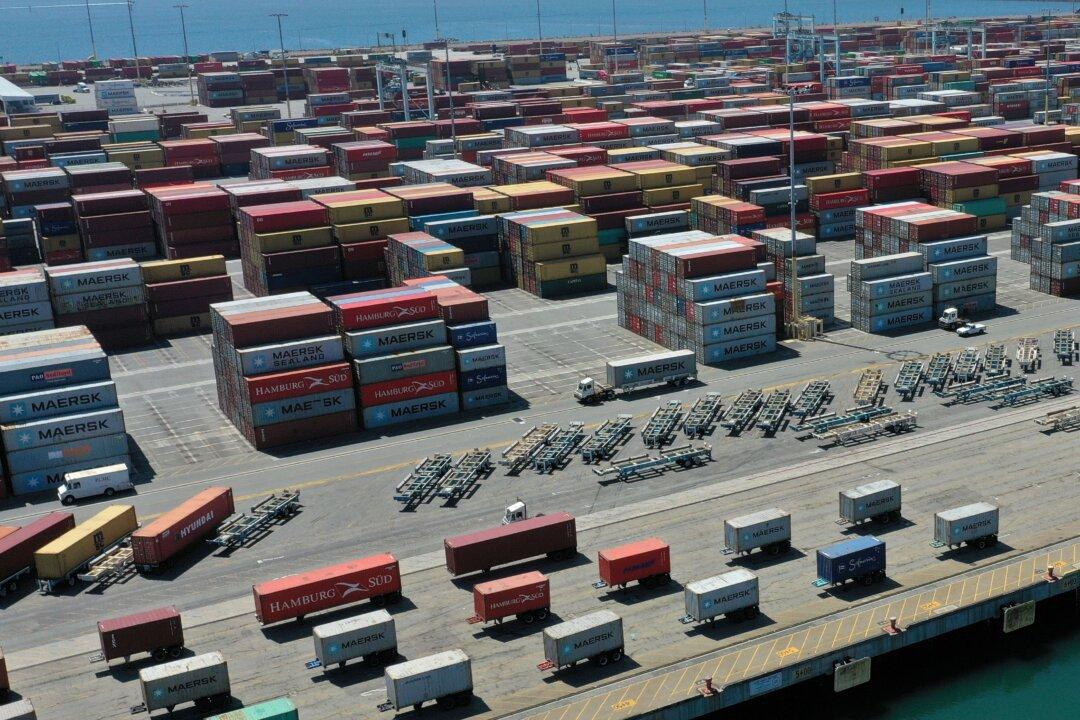More than 100 members of Congress are calling on federal maritime authorities to probe what they say are ocean carrier actions that undermine American exports by refusing to pick up U.S. goods and, instead, are returning empty after dropping off imports.
In a letter (pdf) to Michael A. Khouri, chair of the Federal Maritime Commission (FMC), the lawmakers voiced concern over reports that certain vessel-operating common carriers (VOCCs) are declining to ship U.S. agricultural commodity exports from ports in the United States.





